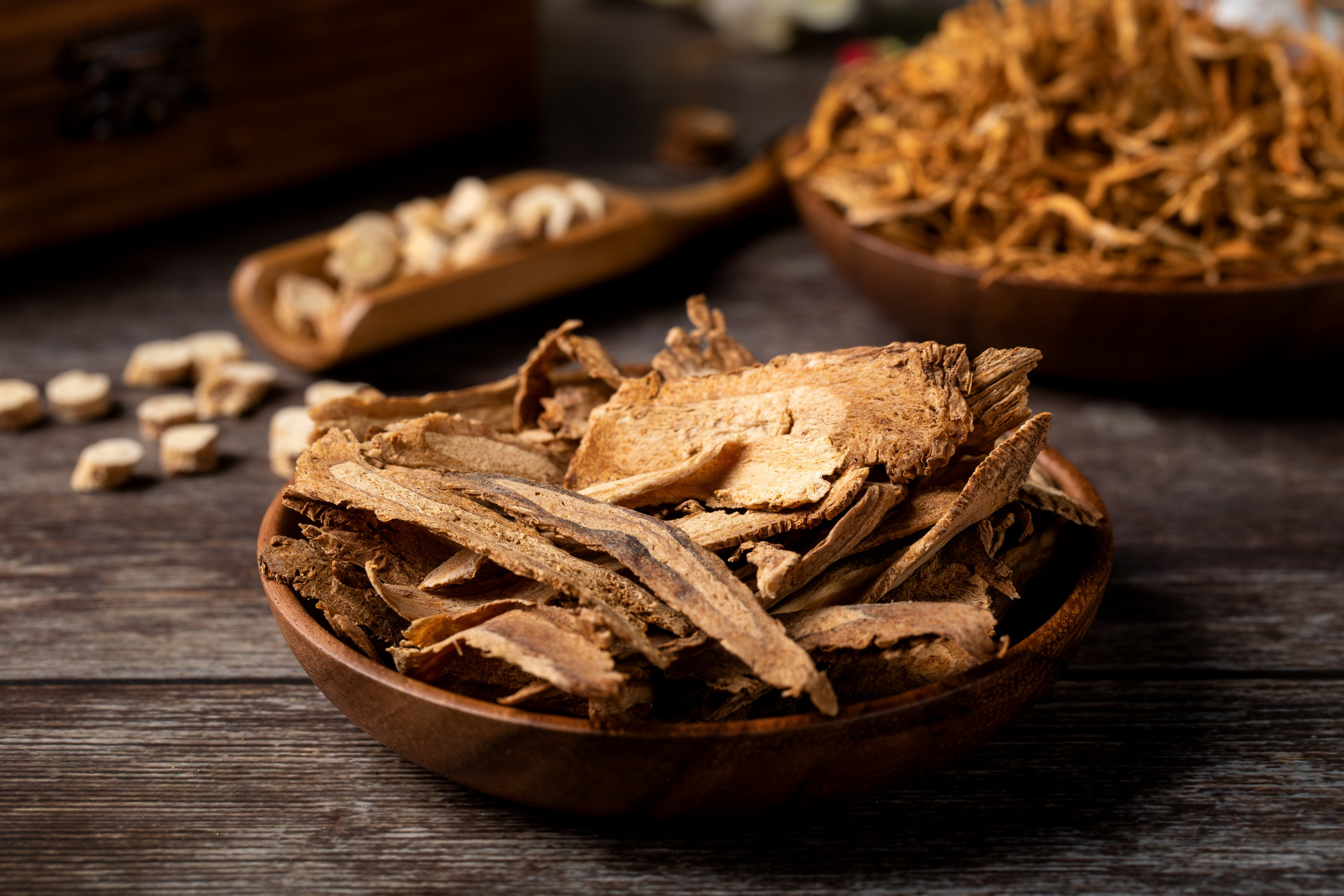- Home /
- TCM Health /
- Contents
Side effects of Radix Codonopsis
Everyone Is Watching
-
 Boost Your Immunity with Party Ginseng and Astragalus membranaceus Stewed Chicken Soup
Boost Your Immunity with Party Ginseng and Astragalus membranaceus Stewed Chicken SoupParty Ginseng and Astragalus membranaceus are relatively common medicinal materials in Chinese medicine, and they are also well-known in daily life. They are used in traditional Chinese medicine
March 6, 2024 -
 Nourishing Medicinal Recipe: Party Ginseng and Astragalus Stewed Chicken
Nourishing Medicinal Recipe: Party Ginseng and Astragalus Stewed ChickenParty Ginseng and Astragalus Stewed Chicken is a traditional nourishing medicinal diet. It is made from the Chinese medicinal herbs Party Ginseng and Astragalus. It not only has the effect of tonify
December 27, 2023 -
 Benefits of Dangshen: Pairing with Other Herbs for Health and Wellness
Benefits of Dangshen: Pairing with Other Herbs for Health and WellnessDangshen is a precious medicinal herb that tonifies Qi. It has a neutral nature and sweet taste, and is effective in tonifying the middle, benefiting Qi, harmonizing the stomach, generating body flu
November 19, 2023 -
 Tonifying Qi with Dangshen and Huangqi: Delicious Recipes to Boost Energy
Tonifying Qi with Dangshen and Huangqi: Delicious Recipes to Boost EnergyDangshen and Huangqi are common Chinese medicinal herbs. Dangshen has the effects of tonifying the middle and qi, harmonizing the stomach and generating fluids, and relieving phlegm and cough. Huang
November 19, 2023 -
 The Best Qi Tonifying Recipes with Dangshen
The Best Qi Tonifying Recipes with DangshenDangshen has a neutral nature and a sweet taste. It has the effects of tonifying the middle and benefiting qi, harmonizing the stomach and generating fluids, and dispelling phlegm and stopping cough
November 18, 2023

Hot Picks
-
 1Chestnuts and Breastfeeding: What You Need to Know
1Chestnuts and Breastfeeding: What You Need to KnowChestnuts contain amino acids, vitamins, and other nutrients, making them highly nutritious. They also have cough suppressant and diuretic properties. Can breastfeeding mothers eat chestnuts? What s
November 23, 2023 -
 2How Many Baiguo Can Cause Poisoning and How to Safely Consume it
2How Many Baiguo Can Cause Poisoning and How to Safely Consume itBaiguo, also known as ginkgo fruit, contains various nutrients and can be both consumed as food and used in medicine. It has the effects of nourishing the lungs and relieving cough. However, poisoni
November 23, 2023 -
 3Massage Therapy: An Effective Treatment for Lumbar Sprains
3Massage Therapy: An Effective Treatment for Lumbar SprainsLumbar sprains often occur in the lumbar sacral region, sacroiliac joint, and bilateral sacral spinous muscles. When the lower back is exerted too forcefully or twisted excessively, or when there is
November 22, 2023 -
 4Using Massage Therapy to Alleviate Fever Caused by Startling in Babies
4Using Massage Therapy to Alleviate Fever Caused by Startling in BabiesPediatric fever is a common condition, which can be a standalone disease or caused by various illnesses. Some babies may even experience fever as a result of being startled. Many parents prefer to use
November 20, 2023 -
 5Massage Techniques for Mumps: Relieving Swelling and Pain
5Massage Techniques for Mumps: Relieving Swelling and PainMumps is an acute infectious disease caused by external pathogenic wind-heat toxins, which block the Shaoyang meridian and accumulate in the cheeks. Its clinical features include fever and diffuse s
November 20, 2023

